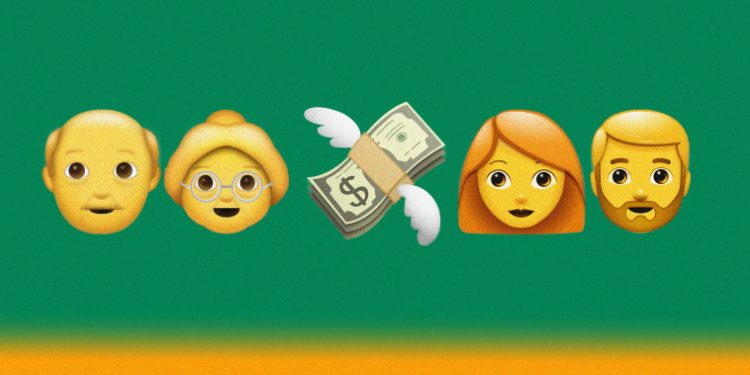The Baby Boomer generation is about to transfer a significant portion of their wealth to their heirs, but it may not be as much as previously expected. According to recent research, this transfer may reach up to $2.4 trillion over the next 20 years, but this wealth transfer is estimated to be 70% less than opposed to the projections stated in 2019.
One of the driving factors is the aging baby boomer population, the spendable wealth of which has already been largely tapped out because of higher costs of living. Another factor is an increase in the value of asset prices, which has outpaced the increasing amount of wealth held by the Baby Boomers. As a result, their estate values have risen while their real disposable incomes have fallen, meaning that their ultimate wealth transfer may be much lower than once assumed.
The lower transfer of wealth could have major implications for the estate tax. The tax is based on the difference between the value of a deceased’s estate and the amount of money inherited by their heirs, which means the lower transfer of wealth could significantly reduce the amount of tax imposed on these heirs. This may be good news for some heirs who could pay significantly less, but on the other hand, it could mean much lower revenues for the federal and state governments.
Despite the lower transfer of wealth, it is still expected that the Baby Boomers’ insecurity over their finances will lead them to pay off any remaining debts and set up trusts to fund education for their children and grandchildren.
The conclusion of this research puts the transfer of wealth from the Baby Boomers to their heirs into perspective and highlights the complicated nature of inheritance and estate taxes. While this transfer may be lower than expected, it is still likely that the Baby Boomers’ heirs will receive a substantial sum of money, which could go a long way in helping them realize their goals and dreams.

















